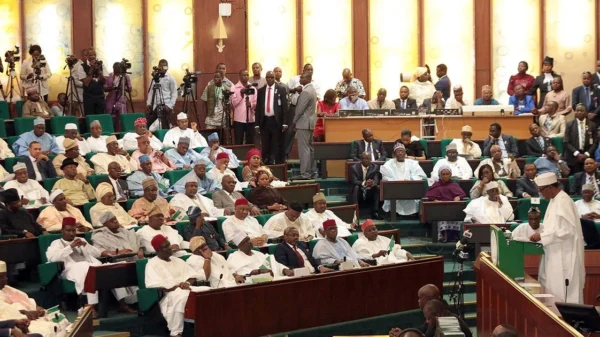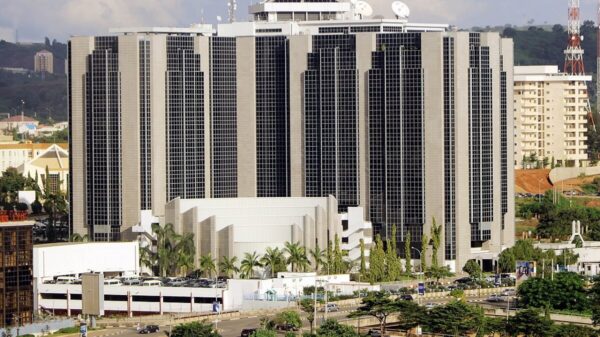Information Technology and Fast Moving Consumer Goods (FMCG) are areas of excitement in the Nigerian economy. They are some of our fastest growing economic sectors.
Their success illustrates some of the factors necessary to modernize the Nigerian economy. I owe Professors Clayton Christensen, Vaclav Smil and Sandra Swart due credit for some of the ideas I will attempt to explain.
The foundation of a modern economy rests on creating economies of scale by using speed to compress time and space. Economies of scale generate demand and sufficient variation permitting specialist expertise. It is impossible to meet that increased demand for production and speed without more energy usage. That, in turn, creates a reliance on fossil and fissile energy, requiring mastery of their mechanisms of production.
Economies of scale and increased energy usage are sugar and spice. Innovation is the Chemical X. Professor Christensen pinpoints three types of Innovation. They are Empowering, Sustaining and Efficiency innovations.
Empowering innovations turn rare goods into mass consumer products. Computer and Smartphone manufacturers transformed computers from rare, expensive gadgets to near-universal products. The production of mass consumer products is the engine of economic improvement.
Sustaining innovations are differentiating markers of luxury and commonplace products. A user of the latest M2-powered Apple MacBook derives greater satisfaction from the machine than I do from my Intel-Pentium Lenovo. Regardless, both systems fulfill similar functions. The overall economic benefit is that Apple users spend more on the brand.
The hidden stinger is that many funders in the sector are foreigners. Thus, profits from Nigerian efficiency might end up in countries with better prospects.
Efficiency innovations provide existing goods and services at much lower costs. They harm employment. Yet, improved efficiency generates increased profits. Those profits are, ideally, directed to more promising sectors of the economy. One example is the promise and threat of digital banks to the existing operations of commercial banks in Nigeria. If the former reach their potential, it will be at the expense of the staff and landlords of the latter.
The celebrated Nigerian tech sector relies on efficiency innovations imported from abroad. Consumers enjoy cheaper services like free transfers and higher interest rates. But we are secondary beneficiaries, the primary beneficiaries are company founders and funders.
The hidden stinger is that many funders in the tech sector are foreigners. Thus, profits from Nigerian efficiency might end up in countries with better prospects.
The government is in a silent race to modernize the economy. Losing that race means watching efficiency innovations render middle-class employees obsolete.
Mastering and domesticating the FMCG sector holds out better long-term economic prospects. It is fitting that it does not excite the imagination of young Nigerians.
Perhaps I am pessimistic.
Your thoughts?
Emmanuel-Francis is a Nigerian nationalist. He is for clean streets, safe nights and full bellies. Please, indulge his verbosity; and join his campaign to abolish the African Union.





























